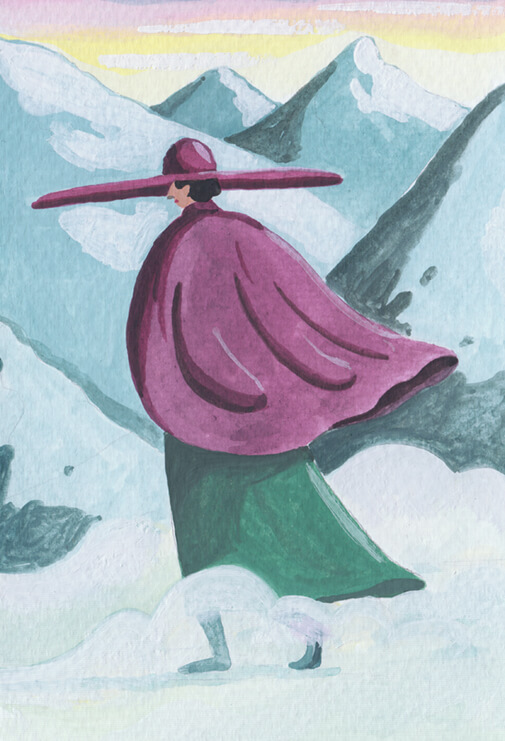- Vol. 05
- Chapter 04

Laughter was once an offence
Centuries forward, laughter is listed amongst barbaric “L” words that are out of use. During the battles against heterogeneity, discourteous words were abolished. Over time, language rights were eroded, replaced by global definitions. Emotive words: love, lust, loss, and jealousy became synonymous for crimes; crimes as bewildering as the carnal punishments that deterred them. Campaigning was unnecessary because the status quo was entrenched. Justice lost appeal. Fairness? An outmoded paradigm since pragmatic binaries faced extinction. Without metaphor, communication became unequivocal.
The disconnect of the past is so immense that customs from our ancient civilisation are now beyond the comprehension of our superior minds today. There are no longer vocabularies to represent the old ways of the world. Citizens care nothing about the existence of a directory or archaic thesaurus. Its use is as irrelevant as the archive itself. As keeper of the phrontisteries, our sacred libraries, I have access to the world’s stored histories and, although baffling, it is a privilege to investigate just how far we have come.
Governments found that the fastest way to eradicate behaviour was to take away the means to express that behaviour. By 2030, gender equality had paved the way toward sexual anonymity. Artistic self expression or “multiform culture” was quashed with the introduction of a new uniformity. Rolled out in schools, children’s distinguishing features were muted by society’s standardized expectations. Mandatory clothing was androgynous. Hair cuts regulated, and with an equitable distribution of wealth, social status was equalised. At first uni-fashion disguised bodily distinctions. Capes and floppy hats concealed signs of oppression.
Laughter was once an offence
Synonymous with difference, human emotions were targeted and realigned. Reductionism became a crucial part of homogeneity, leading us into the “polyform” global nationhood we resemble today. The craving for youthful bodies was subsumed by genetic perfectionism and robotic enhancement. Fleshy wrinkles ironed out by prohibition of cardinal sin and heavenly virtue. Facial contortion was gradually reduced, not by fillers and surgeries, but by a demand for stolid, impassive features. If emotion caused pain, why embrace it? By introducing “trance-states”, a status quo of bliss was achievable. The populace swore allegiance to a watchful, secure world, where any detection of delight, impatience, or pride saw one’s hat size increase.
Historically, society had been rife with satire, bawdiness and absurdity. With humour outlawed, the underdog was removed. There were no longer any differences. Our mirror image was unbiased. With a decline in big noses, crooked teeth, and spectacles, fat shaming or cathartic jokes toward the less-abled or un-sexy, were irrelevant. Everyone functioned as one, warranting neither trauma nor celebration. Moments of indulgent spontaneity were abhorred.
As librarian, I am privy to an array of mediums that recall the past. I ponder over the well preserved watercolours and the brief hand-written note.
Laughter was once an offence
“Cecilia, be not blind! Think you not, that the new brims are preposterously ridiculous!”
Disenfranchised words hang without modern signifiers. Expertly confident, I classify the piece under humour. Laughter has no place here. Ridicule is of lore.
